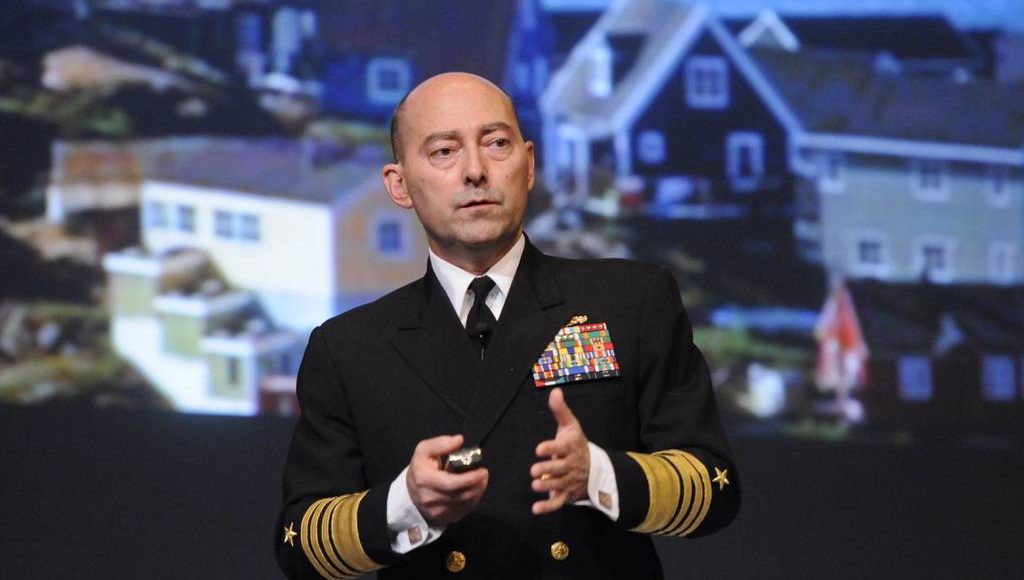Former NATO commander James Stavridis predicted on CNN’s Smerconish how the war in Ukraine would end. The admiral said Trump would put pressure on both sides, and Putin would get 20 percent of Ukraine, which would receive security guarantees and a path to NATO.
US President-elect Donald Trump previously said that if he were at the negotiating table with Putin and Volodymyr Zelensky, the war between the two Eastern European nations would be over “within 24 hours,” according to Newsweek
Stavridis, a retired admiral, told CNN’s Michael Smerconish that if Trump can end the Russia-Ukraine war within 24 hours, “I will be the first to vote for him for the Nobel Peace Prize.”
“What I hope he will do, and I think he will do, is put pressure on both sides to come to the negotiating table and it will come out kind of like at the end of the Korean War, Michael, meaning Putin, unfortunately, but in a real world, he will be left with about 20 percent of Ukraine, the piece he currently owns, but the rest of Ukraine, the 80 percent, all those resources, the vast majority of the population remains democratic, free,” Stavridis said.
He added that Ukraine would also receive a “path to NATO, probably in three to five years, realistically. It’s not the worst outcome in the world.”
When asked by Newsweek how long he thought negotiations would realistically take once Trump is in office, Stavridis responded in an email: “Keep in mind that a negotiated deal is not something the United States can impose.”
“Negotiating a ceasefire and a possible settlement will take months. Ukraine’s entry into NATO could be achieved in a few years,” he added.
Ukraine, now a NATO partner, has long sought to join the transatlantic military alliance, even before Russia’s invasion. But Zelensky has previously acknowledged that it would be “impossible” for that to happen before the end of the war.
Stavridis told Smerconish that Ukraine could also achieve membership in the European Union (EU), which has invested billions of dollars to help the country fight off Russia’s invasion, which began in February 2022.

